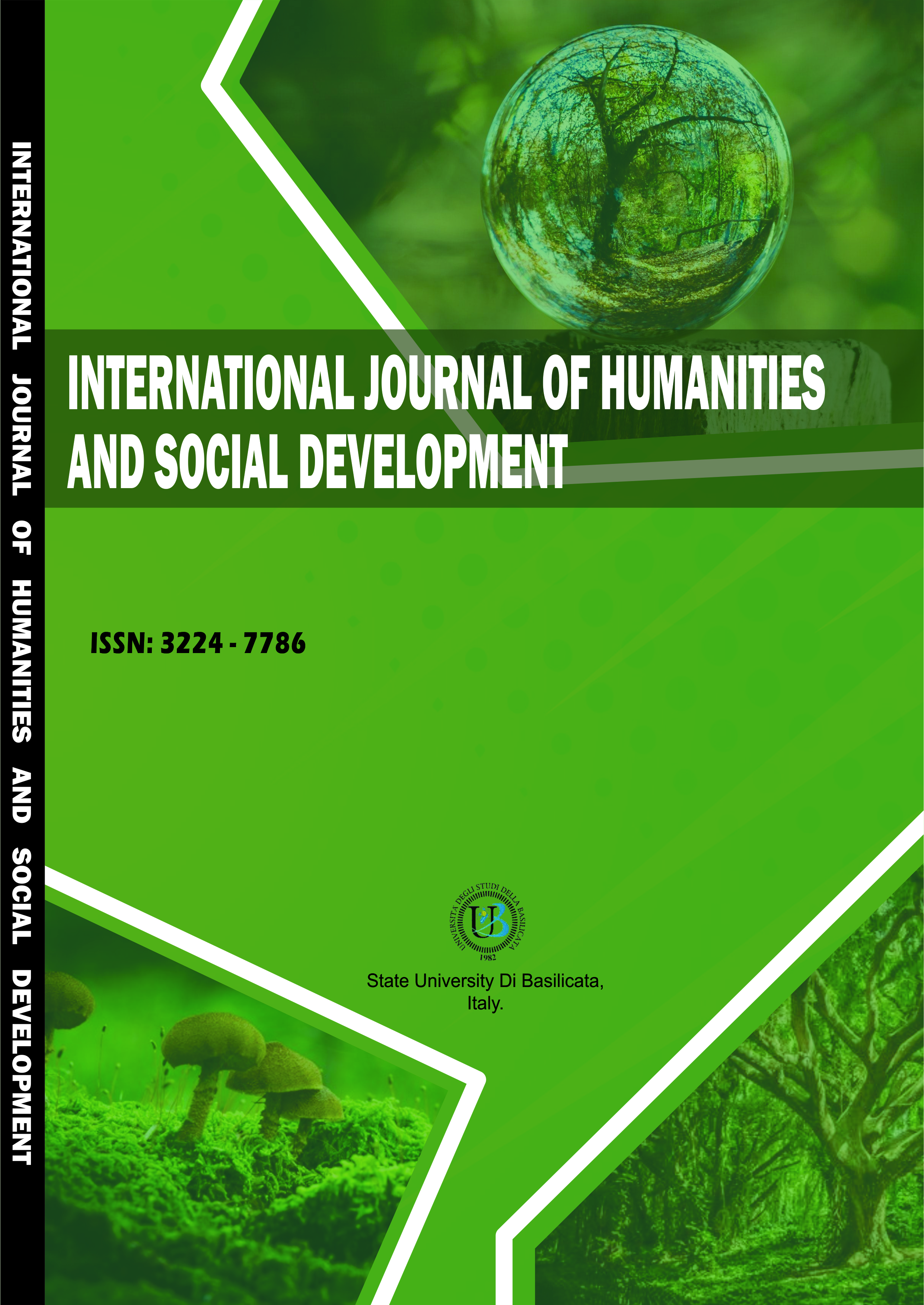INTERNATIONAL JOURNAL OF HUMANITIES AND SOCIAL DEVELOPMENT (IJHSD)
NIGERIA’S AFROCENTRIC FOREIGN POLICY: AN APPRAISAL OF RECIPROCITY DYNAMICS
E-ISSN: 2133 - 3762
P-ISSN: 3224 - 7786
DOI: https://iigdpublishers.com/article/527
The study evaluates Nigeria’s Afrocentric Foreign Policy emphasis and its dynamics of reciprocity by investigating whether the dissatisfaction with the policy is due to its lack of a solid foundation in reciprocity principles. Although the policy initiative has achieved certain milestones, including the elimination of colonialism and apartheid in Africa, the expansion of Nigeria's diplomatic presence, global acknowledgement, and significant influence in international organisations, as well as being the preferred nation for resolving African conflicts, it has concurrently depleted its developmental resources and failed to optimise its objectives in the context of economic and industrial advancement. An initial examination of Nigeria's Afrocentric foreign policy indicates a prioritisation of national prestige over more critical objectives, such as achieving firm economic targets that could lead to enhanced economic opportunities and prosperity for both the populace and the Nigerian State. The adverse consequence of this is that Nigeria's ephemeral perception of a leadership role in Africa cannot be validated or recognised by recipient African nations, despite its contributions. The theoretical elucidation of the discourse is political realism. The theory's relevance in the research lies in the assertion that nations in international relations are perpetually driven by their national interests, which they can only achieve by enhancing their national strength in respect to other states. The study's findings indicated that Nigeria's Africacentered foreign policy did not arise from a strategic decision based on the nation's fundamental interests, but rather was a consequence of the significant influence of major Western powers, primarily Britain and the United States, within the framework of their Cold War priorities in Africa and their global containment strategy against the Soviet Union and communist expansion beyond Eastern Europe. The reason the reciprocity dynamics seem to adversely affect Nigeria is due to Nigeria's power position and the significant influence of other players in the international system throughout Africa. The study advised that Nigeria's Afrocentric foreign policy should adopt a more inward orientation, focussing on enhancing national development by stimulating the domestic economy, generating employment, and ultimately decreasing unemployment rates.
SUNNY MENE PIATE
Adebayo, A. (1983). South-South Aid: A Survey of Nigeria’s Financial Assistance to African Countries in the 1980s. Lagos: Nigerian Institute of International Affairs.
Agwu, F. A. (2009). National Interest, International Law and our Shared Destiny. Ibadan: Spectrum Books.
Agwu, P. A. (2013). Themes and Perspective on Africa’s International Relations. Ibadan: University of Ibadan Press Plc.
Akinyemi, A. B. (2002). International Politics: Foreign and Domestic Affairs. Lagos: Macmillan Nigeria Publishers Ltd.
Aremu, F. A. (2005). ―Nigeria’s Relations with the West: A Focus on France‖. Alore: Journal of Humanities
